Suboxone: Understanding the Medication, Addiction, and Recovery
Welcome to Mountain’s Edge Recovery, a trusted resource for individuals and families seeking information and support for substance abuse and addiction issues. In this article, we will delve into the world of Suboxone, including what it is, its effects on the brain, its role in substance abuse, causes and risk factors, the DSM-5 criteria for Suboxone addiction, side effects of Suboxone addiction, withdrawal symptoms, and available treatment options.
What Is Suboxone?
Suboxone is a medication that contains two active ingredients: buprenorphine and naloxone. It is primarily used for the treatment of opioid use disorder (OUD). Buprenorphine is a partial opioid agonist, which means it activates opioid receptors in the brain but to a lesser degree than full opioids, providing relief from cravings and withdrawal symptoms. Naloxone is an opioid antagonist that reverses the effects of opioids and deters misuse.
Effects of Suboxone on the Brain
Understanding how Suboxone affects the brain is crucial:
- Craving and Withdrawal Relief: Buprenorphine in Suboxone activates opioid receptors, reducing cravings and withdrawal symptoms associated with opioids.
- Safety from Misuse: Naloxone in Suboxone discourages misuse by blocking the effects of opioids if the medication is taken improperly.
- Maintenance of Functionality: Suboxone helps individuals with OUD regain functionality and stability in their lives while minimizing the risk of overdose.
- Potential for Dependency: While Suboxone is an essential part of addiction treatment, it can lead to physical dependence, and discontinuation should be managed carefully under medical supervision.
Suboxone and Substance Abuse
Suboxone is a crucial tool in opioid addiction treatment, as it helps individuals stabilize their lives and reduce the risk of relapse:
- Gateway to Recovery: Suboxone allows individuals to focus on recovery by alleviating the physical and psychological distress caused by opioid withdrawal.
- Reduction in Risk: It decreases the risk of overdose and associated health complications often seen with other opioids.
- Supervised Treatment: Suboxone is typically administered as part of a comprehensive addiction treatment program, ensuring medical supervision and support.
Causes and Risk Factors
Several factors contribute to the development of Suboxone addiction:
- Prescription Medication: Suboxone is prescribed as part of opioid addiction treatment, but misuse can lead to dependence.
- Frequency of Use: Frequent and ongoing use increases the risk of Suboxone dependence.
- Co-occurring Disorders: Underlying mental health issues may contribute to Suboxone misuse.
- Social and Peer Influence: Peer pressure and a social environment where drug use is prevalent can encourage Suboxone abuse.
DSM-5 Criteria for Suboxone Use Disorder
The Diagnostic and Statistical Manual of Mental Disorders (DSM-5) outlines criteria for diagnosing Suboxone Use Disorder. A diagnosis may be made if an individual meets at least two of the following criteria within a 12-month period:
- Taking Suboxone in larger amounts or for longer periods than intended.
- Unsuccessful attempts to cut down or control Suboxone use.
- Spending a significant amount of time obtaining, using, or recovering from the effects of Suboxone.
- Craving or a strong desire to use Suboxone.
- Failure to fulfill major role obligations at work, school, or home due to Suboxone use.
- Continued Suboxone use despite social or interpersonal problems caused or exacerbated by its effects.
- Giving up or reducing important social, occupational, or recreational activities because of Suboxone use.
- Using Suboxone in situations where it is physically hazardous.
- Continued Suboxone use despite knowing it is causing or worsening a physical or psychological problem.
- Tolerance, as defined by needing more Suboxone to achieve the desired effect or experiencing reduced effects when using the same amount.
- **Withdrawal symptoms when not using Suboxone.
Side Effects of Suboxone Addiction
Suboxone addiction can lead to numerous detrimental side effects, including:
- Cognitive Impairment: Long-term use can result in memory problems, impaired judgment, and difficulties with concentration.
- Psychiatric Symptoms: Users may experience mood swings, anxiety, and depression.
- Physical Health Decline: Suboxone addiction can lead to gastrointestinal issues and respiratory problems.
- Social Isolation: It can strain relationships and lead to social withdrawal.
Withdrawal Symptoms
When individuals with Suboxone addiction attempt to quit or reduce their use, they may experience withdrawal symptoms, which can be uncomfortable and challenging to endure. These symptoms may include:
- Cravings for Suboxone
- Muscle aches and pain
- Anxiety and restlessness
- Nausea and vomiting
- Insomnia and sleep disturbances
Treatment for Suboxone Use Disorder
Mountain’s Edge Recovery offers comprehensive, evidence-based treatment for individuals struggling with Suboxone addiction. Our programs address the physical, psychological, and social aspects of addiction and recovery.
Our treatment options may include:
- Medically Supervised Taper: A carefully managed tapering process under medical supervision to safely reduce Suboxone use.
- Counseling and Therapy: Individual and group therapy to address the underlying causes of addiction and develop coping strategies.
- Holistic Approaches: Incorporating mindfulness, fitness, and nutrition into treatment plans.
- Aftercare and Support: Ongoing support and relapse prevention strategies to promote long-term recovery.
If you or a loved one is struggling with Suboxone addiction, please reach out to Mountain’s Edge Recovery. We are here to provide guidance and support on your journey to recovery, offering hope and a brighter future. Contact us today to take the first step toward a healthier, addiction-free life.
Our treatment options may include:
- Counseling and Therapy: Individual and group therapy to address the underlying causes of addiction and develop coping strategies.
- Medication-Assisted Treatment: Medications to manage cravings and withdrawal symptoms, when appropriate.
- Holistic Approaches: Incorporating mindfulness, fitness, and nutrition into treatment plans.
- Aftercare and Support: Ongoing support and relapse prevention strategies to promote long-term recovery.
If you or a loved one is struggling with marijuana addiction, please reach out to Mountain’s Edge Recovery. We are here to provide guidance and support on your journey to recovery, offering hope and a brighter future. Contact us today to take the first step toward a healthier, addiction-free life.

